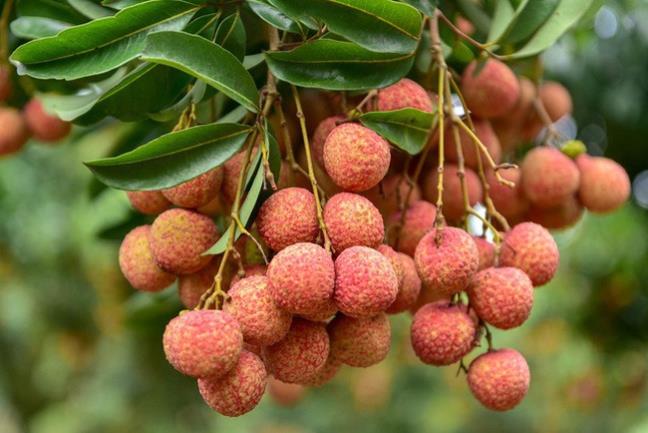The storage environment and consumption of certain fruits, especially during the summer, can impact their safety. To minimize toxin intake and prevent illnesses, consumers should be mindful of the timing and methods of consumption, depending on the fruit’s characteristics.
Here are three types of fruits that contain certain “toxins,” requiring extra caution when consumed during the summer to avoid excessive toxin intake and potential health risks.
1. Mangoes
Mangoes are a quintessential tropical fruit, loved for their unique flavor. However, the area between the peel and the flesh of a mango contains a natural allergen called “mango poison.” This toxin can trigger allergic reactions such as itching, redness, and swelling in individuals with sensitive skin.

Additionally, mangoes are high in natural sugars, and overconsumption can lead to a sudden spike in blood sugar levels, increasing the risk of obesity and diabetes. Those with a family history of diabetes should be particularly cautious when consuming mangoes.
2. Lychees
Lychees are considered the “king of summer fruits” and are beloved for their sweet, juicy taste. However, fresh lychees contain a “secondary toxin,” predominantly found in the fruit’s flesh, especially in unripe or long-stored lychees. In more severe cases, consuming large quantities of unripe or stored lychees can lead to “lychee sickness,” a condition characterized by acute hypoglycemia caused by the toxins present in the fruit. This is particularly prevalent in children.

Research has indicated that the “secondary toxin” in lychees can interfere with the body’s energy metabolism, causing a sudden drop in blood sugar levels and resulting in discomfort. Therefore, it is advisable to consume lychees in moderation during the summer and avoid eating unripe or long-stored fruits.
3. Grapes
While grapes are an excellent source of vitamin C and antioxidants, they are not entirely harmless. The use of excessive pesticides and fertilizers in grape cultivation can leave significant residue on the fruit’s skin. These pesticide residues are the most common form of “toxin” found in grapes.
During the summer, when grapes grow and mature rapidly, the issue of pesticide residue is particularly prominent. Studies have shown that it is challenging to remove these residues entirely, even with thorough washing.
Consuming grapes with high pesticide levels can lead to dizziness, fatigue, and nausea. Long-term exposure to these toxins can also damage the liver and kidneys. Therefore, consumers should be cautious when purchasing grapes and opt for certified organic varieties to minimize the risk of ingesting harmful chemicals.





































